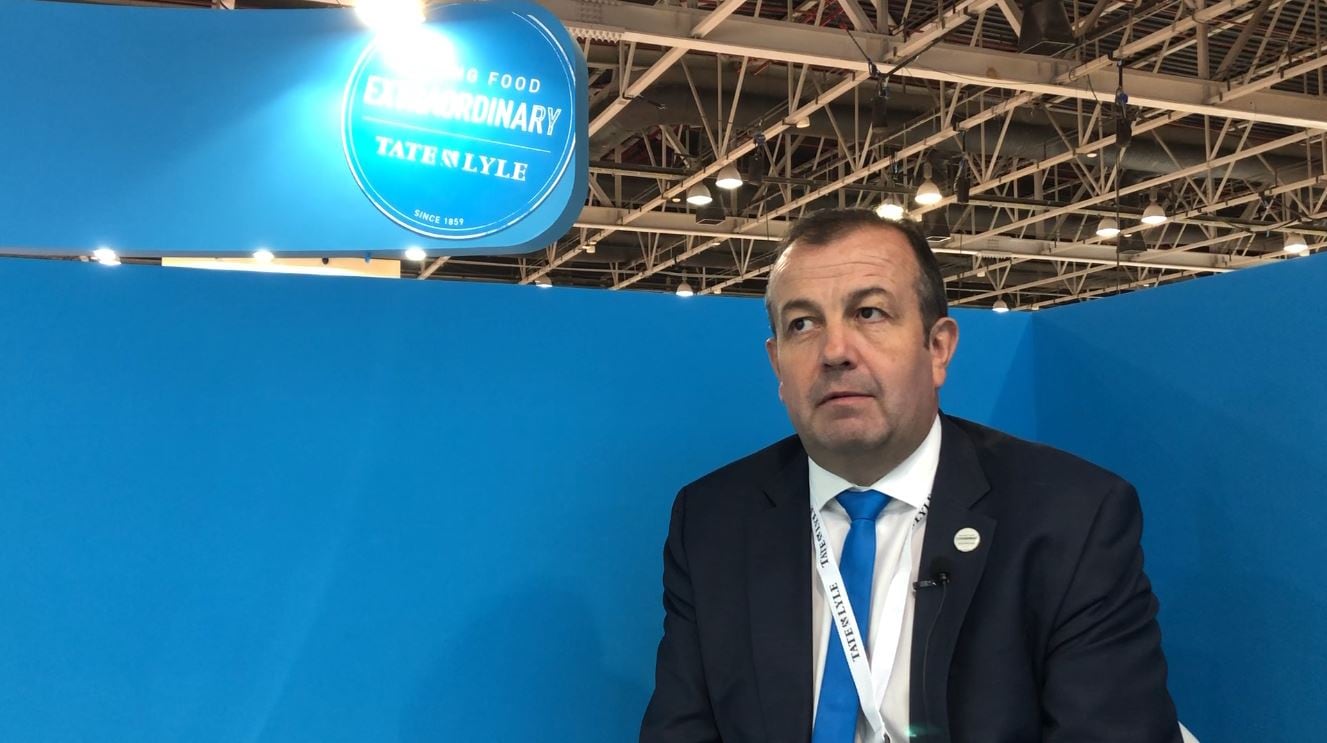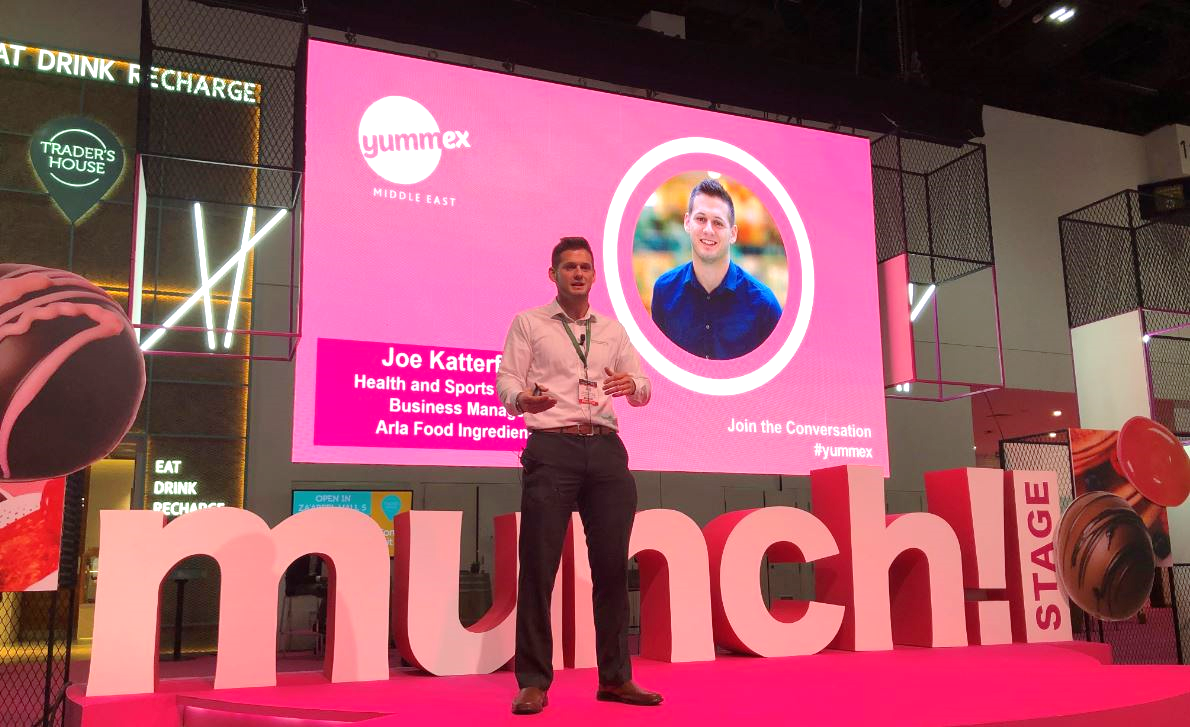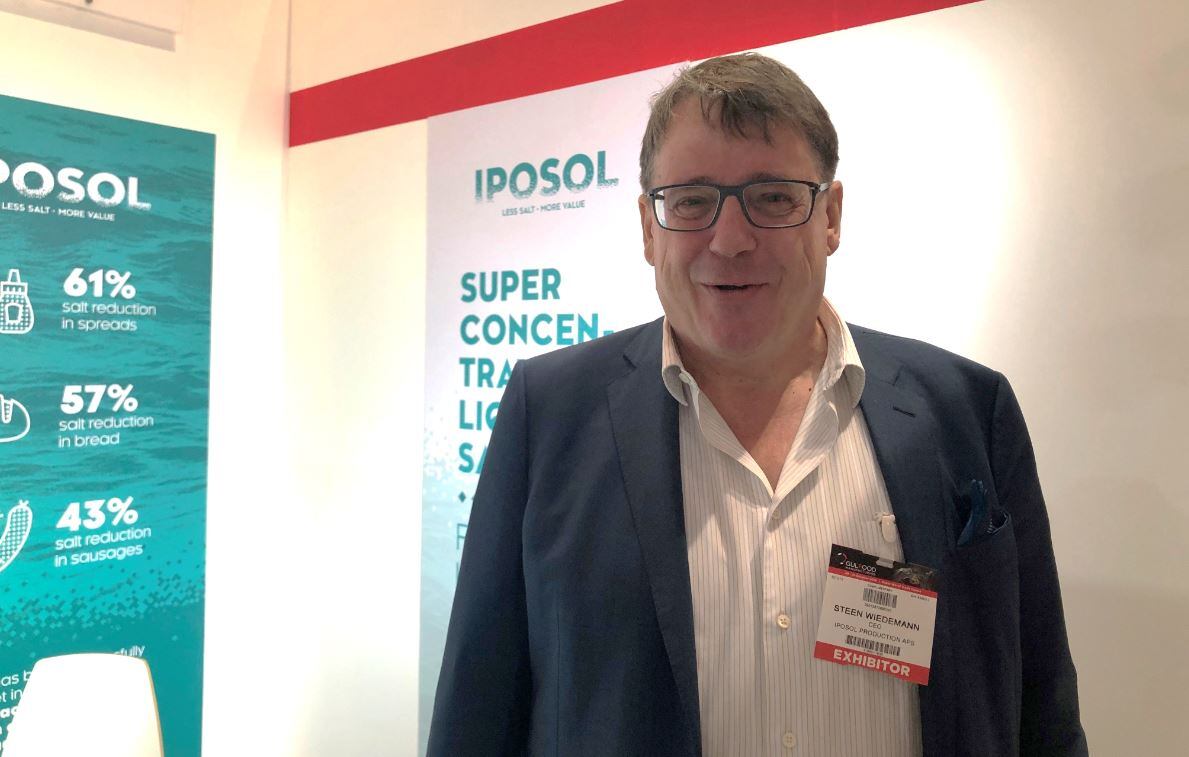Nielsen research has shown that 88% of consumers in Africa and the Middle East expect companies to care about the environment.
Coupled with the growing middle class consumers in this region (Global Industry Outlook Report 2019), this had driven the trend of food products made with sustainably produced ingredients.
Cai Christensen, director sales of MEA at Palsgaard said: “As markets in the MEASA region develop, and concern about climate change grows, demand for sustainability will rise,
“Consumers will increasingly evaluate brands on their ethical credentials and choose products produced by companies who demonstrate real concern for the environment.
“Manufacturers who are able to anticipate and meet this demand will gain a competitive edge.”
He said while Europe has been very strong on the sustainability stance, Asia and Middle East were coming along.
He told FoodNavigator-Asia at Gulfood Manufacturing that within Middle East, “Consumers in UAE and Saudi Arabia are more sustainably conscious.”
“This trend doesn’t only apply to food ingredients, it is seen in water, energy, waste, etc.”
Palsgaard claims to be the world’s only commercial source of fully sustainable, emulsifiers based on RSPO SG-certified palm oil and produced in CO2-neutral factories.
The emulsifiers are used in various food applications, from dairy, bakery, to confectionery. It is also used in non-food applications like polymers which the firm said was suited for preventing fogging and dust on plastic packaging.
The products are non-GMO, and meet halal and kosher requirements.
Earlier this year, Palsgaard announced that it had reached its goal of completely carbon-neutral production, reducing its net carbon emissions from 12,029 tonnes in 2010 to zero in 2018. It reached this milestone, two years ahead of schedule.
The firm has CO2 neutral production sites in Denmark, Holland, Denmark, Malaysia, Mexico, China, and Brazil.
The company is expanding and setting up a solar plant in the Juelsminde area with enough capacity to supply its Danish factory.
Watch the video to find out more.
This video was made with Lumen5.



